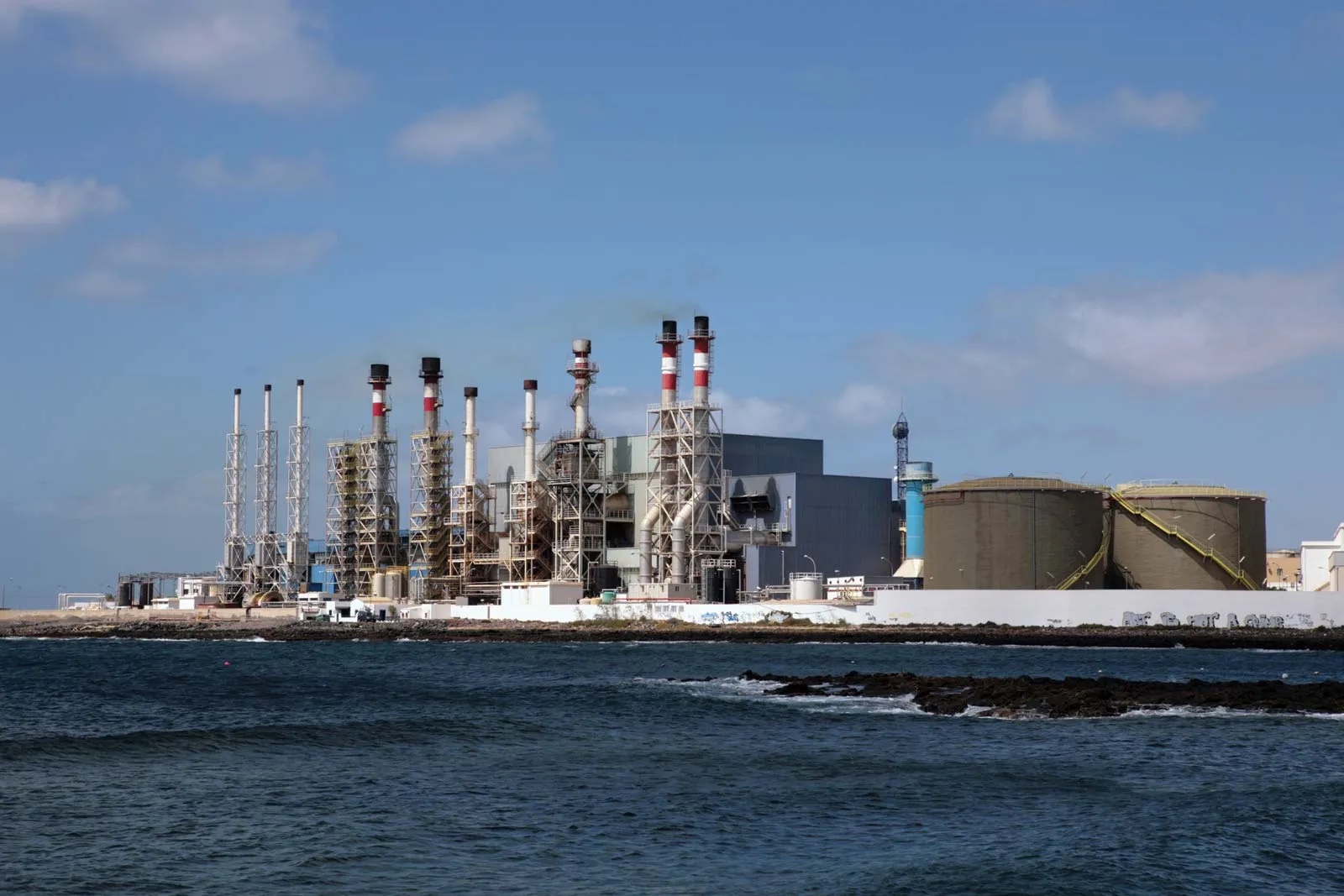There is a significant need to figure out how to lessen the impact that the current desalination plants are doing on the environment, research says.
Qatar is set to increase scientific research and experimentation in order to manage wastewater and salts discharged from desalination plants.
On Monday, the Ministry of Environment and Climate Change organised a scientific symposium on treating and managing wastewater and salts from desalination plants.
Speaking to journalists, Minister of Environment and Climate Change Dr. Faleh bin Nasser bin Ahmed bin Ali al-Thani said the ministry is working to find the best solutions for water that comes out of the desalination plants.
Desalination in the GCC
The GCC region struggles with a severe water shortage issue that threatens sustainable development and obstructs national development plans for the agricultural and industrial sectors.
The capacity of the water resources in nations across the region is expected to drop by more than half by 2030- when the population is expected to hit 56 million.
The six countries – Saudi Arabia, Kuwait, Oman, Qatar, the United Arab Emirates and Bahrain – belong to a water-stressed area where the available water resources are unable to meet the demands for industrial, domestic, and agricultural activities.
Areas are are considered to be under water stress when insufficient water is not available to meet the essential requirements. In a bid to tackle the issue, GCC states rely on desalination plants to overcome water scarcity.
What is desalination?
Desalination is the process of purifying salty water into drinkable water by removing minerals and salts.
While seawater and brackish water can both be treated using this method, the process can also be used to create ultra-pure water for specific industrial uses, such as the pharmaceutical and food processing industries.
However, the desalination process releases brine, a highly concentrated and saline effluent with a variety of chemical compositions – posing an environmental threat.
Negative impacts
Desalination has been shown to be a practical way to obtain fresh water in a world where 1 billion people lack access to drinking water, and approximately 2.3 billion experience water shortages. Although the technology is promising, it also has drawbacks, which have prompted many to worry about how it will affect the environment.
The release of concentrated byproducts like brine and other chemical byproducts into the marine environment is the most important issue. In addition to this, the desalination process releases air pollutants into the environment.
Like the rest of the world, in the Arabian Gulf, desalination endangers sustainable development and its effects will add up to have an impact on the region’s fisheries, coastal communities, and biodiversity. It will increase the Gulf’s vulnerability to climate change.
Dr. al-Kuwari noted that the disposal of brine produced by desalination plants into seawater is a serious environmental issue, explaining that it contains high salinity, high temperature, and residual chemicals from pre-treatment processes, causing potential damage to marine and underground habitats.
The majority of coastal desalination plants dump their waste into the ocean.
Qatar, however, is working on turning desalination waste into a useful resource to save the environment by utilising modern technology.
How is Qatar tackling the issue?
In order to create a thorough and practical plan for the treatment and management of rejected wastewater and salts produced by desalination plants, the Ministry of Environment and Climate Change will establish a scientific and technical committee with the participation of several scientists, experts, and advisors from academic institutions, officials from government agencies, institutions, and pertinent bodies.
A Kuwaiti researcher named Prof. Bader Shafaqa Al Anzi said investigations are also being conducted to address brine.
In 2019, Mannan created a multifaceted life cycle analysis method with the goal of quantitatively analysing the effects of MSF desalination plants in Qatar from the perspectives of the environment and human health.
The findings stressed the importance of reducing water usage in the country in order to clamp down on the environmental impact the process has. In a way, the more water is consumed by the people, the worse the negative impact is on the environment.
For that reason, a national initiative to reduce electricity and water consumption in the residential sector by 5% was launched in 2021 by the Qatar General Electricity and Water Corporation (Kahramaa).
This was represented by the National Program for Conservation and Energy Efficiency (Tarsheed).







